Ineffective medicines to be removed from Uzbekistan's clinical treatment protocols
President Shavkat Mirziyoyev has ordered a revision of clinical treatment protocols and the removal of medications deemed ineffective or insufficiently studied by international sources. All medical institutions — particularly children's hospitals — will undergo inspections to ensure antibiotics are being used appropriately.
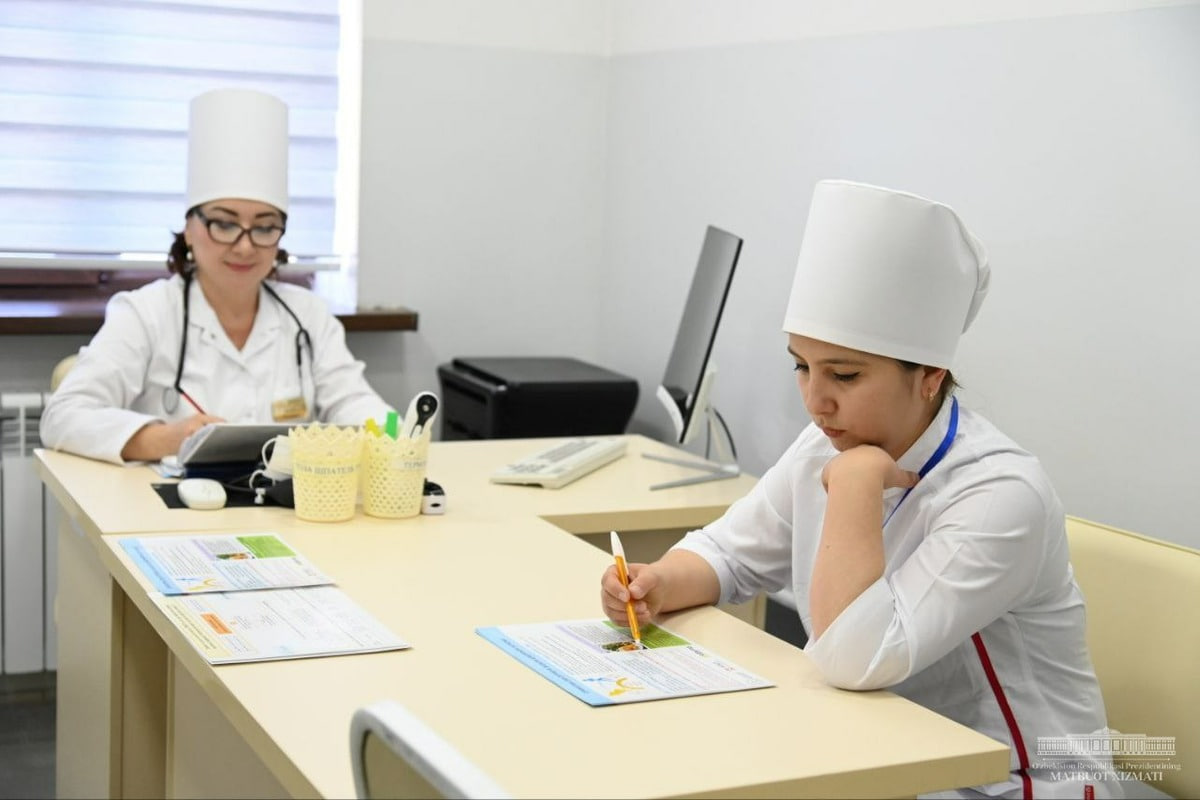
Photo: Presidential press service
Each year, Uzbekistan spends between $600 million and $700 million on drugs whose effectiveness has not been proven or sufficiently studied. These drugs account for 42% of the country’s pharmaceutical imports.
In contrast, developed countries rely on evidence-based medicine and use drugs whose efficacy and safety have been proven through large-scale clinical trials.
The Ministry of Health has been instructed to begin removing from clinical protocols all medications identified by internationally recognized sources as "ineffective or insufficiently studied."
A comprehensive review will be carried out across all medical institutions — especially pediatric hospitals — to verify the justified use of antibiotics. Disciplinary measures will be taken against medical staff who do not follow established protocols.
The Prosecutor General’s Office has been tasked with ensuring accountability for the illegal sale of prescription drugs.
Additionally, the "E-prescription" system is to be fully implemented in the Yunusabad district of Tashkent and will serve as a model for expansion nationwide.
Related News
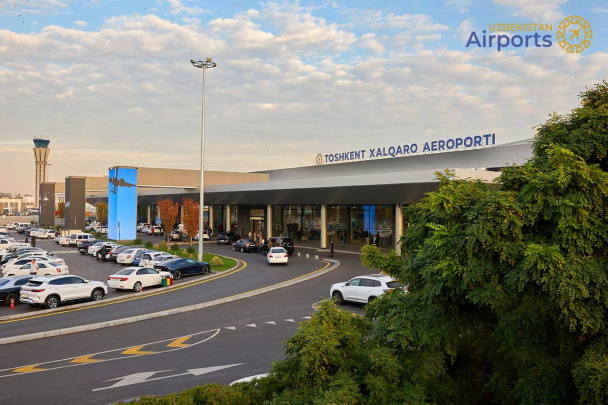
12:55 / 31.07.2025
Uzbekistan Airports reports five in-flight deaths in first half of 2025
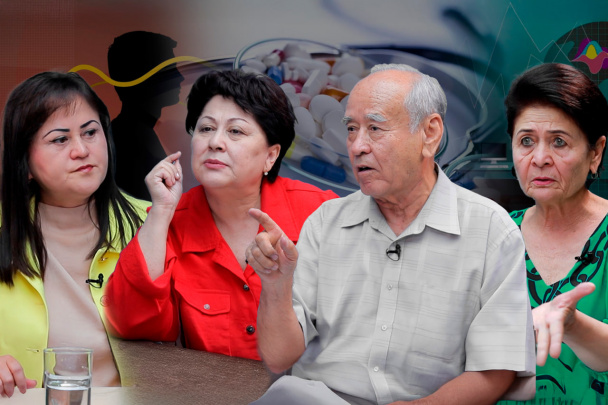
16:16 / 26.07.2025
Experts blame economic strain and social pressures for growing mental health crisis in Uzbekistan
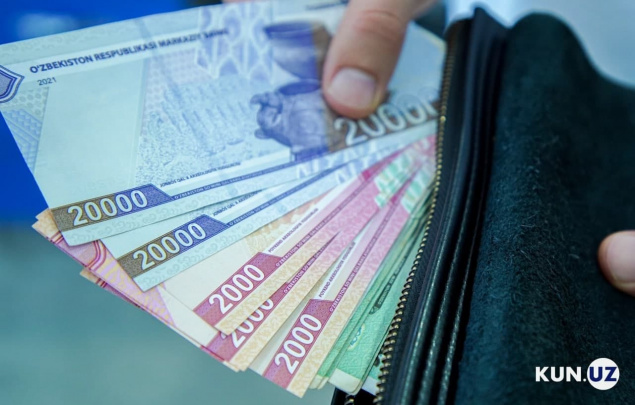
18:11 / 25.07.2025
Average salary in Uzbekistan climbs to nearly UZS 6 million, with teachers and doctors still earning below average
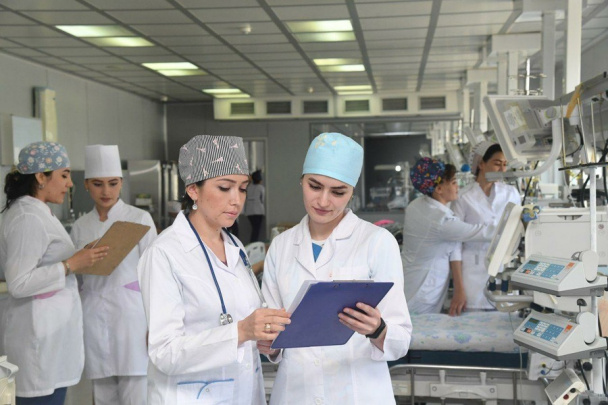
11:44 / 24.07.2025



